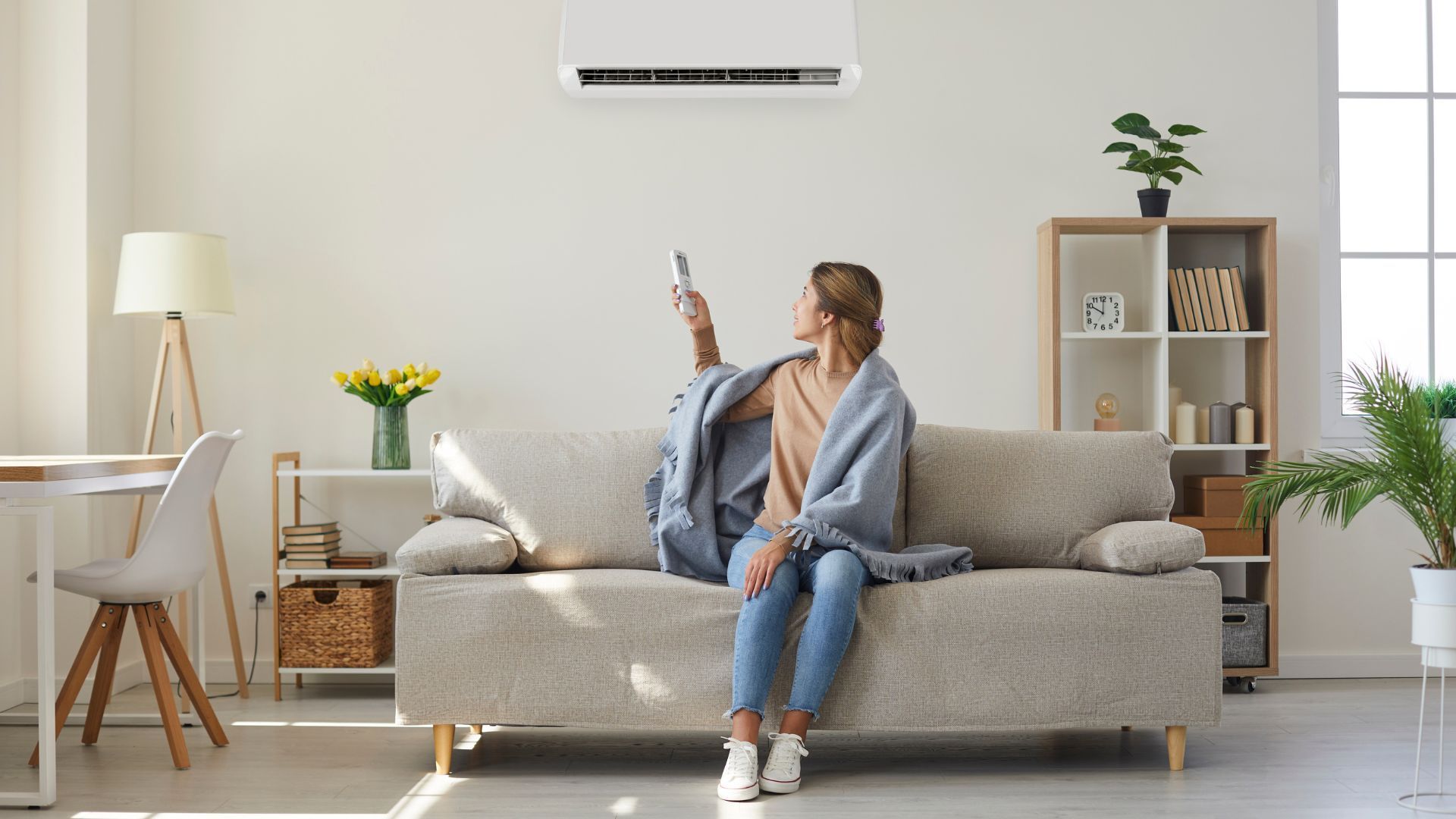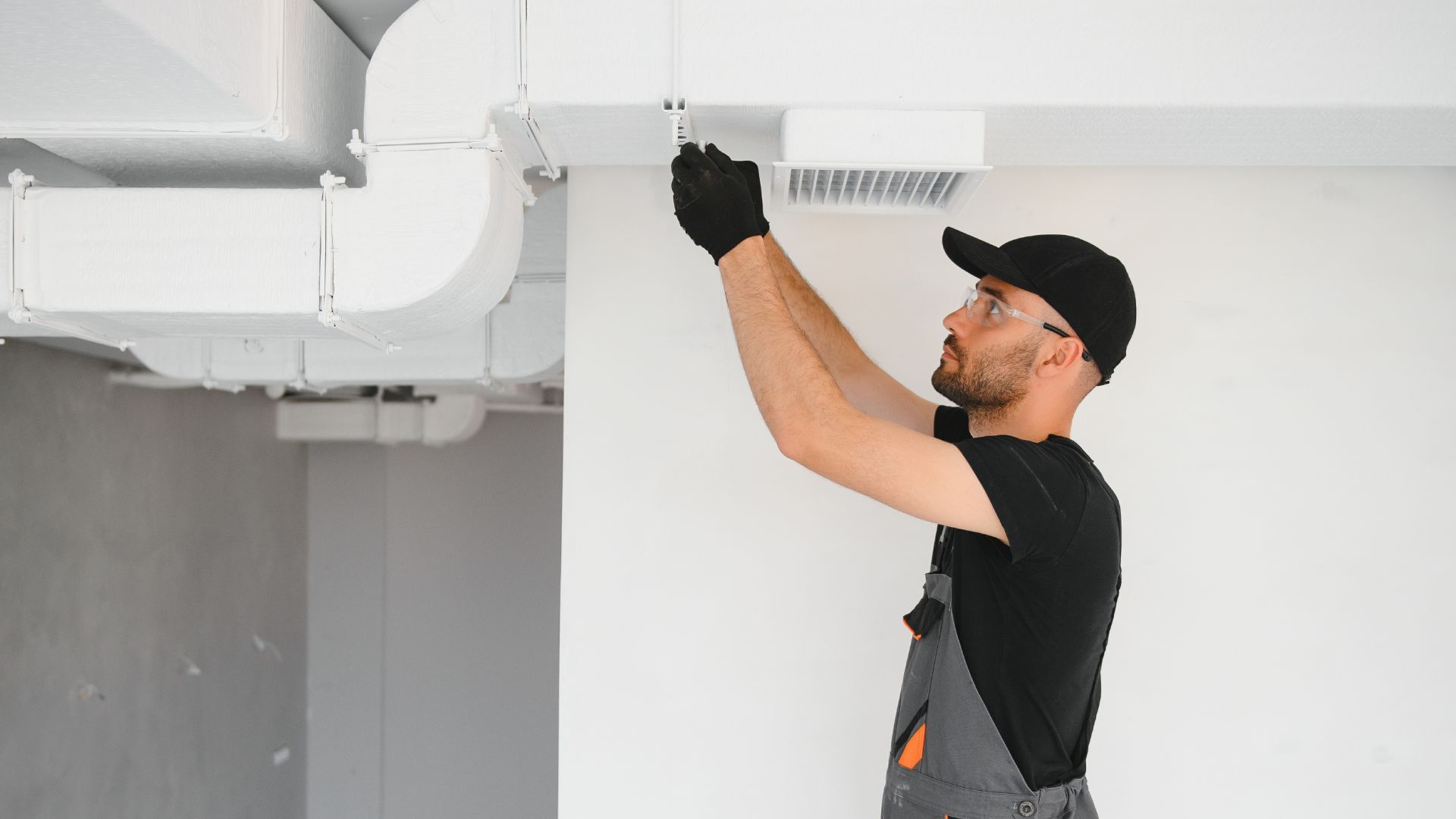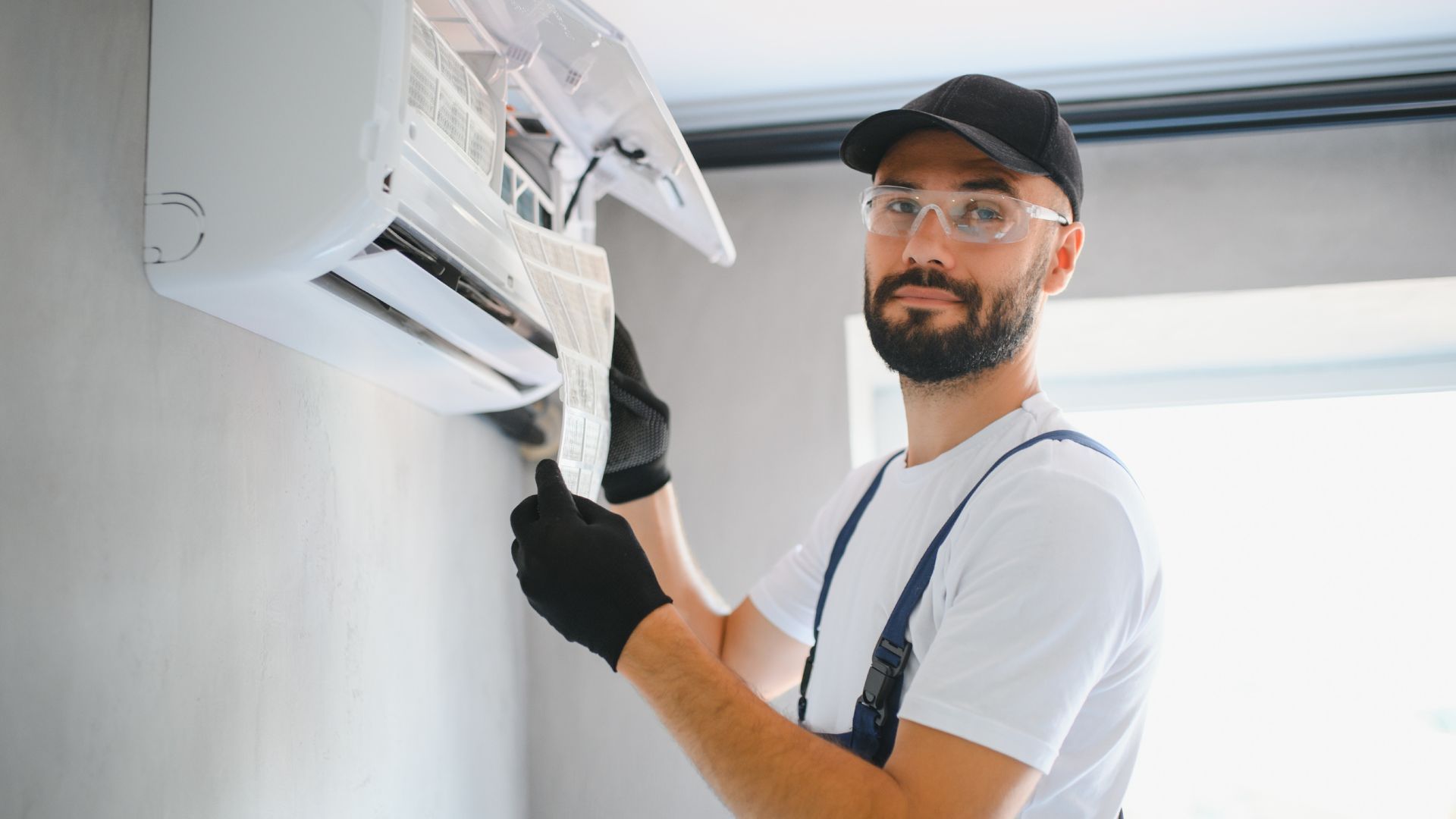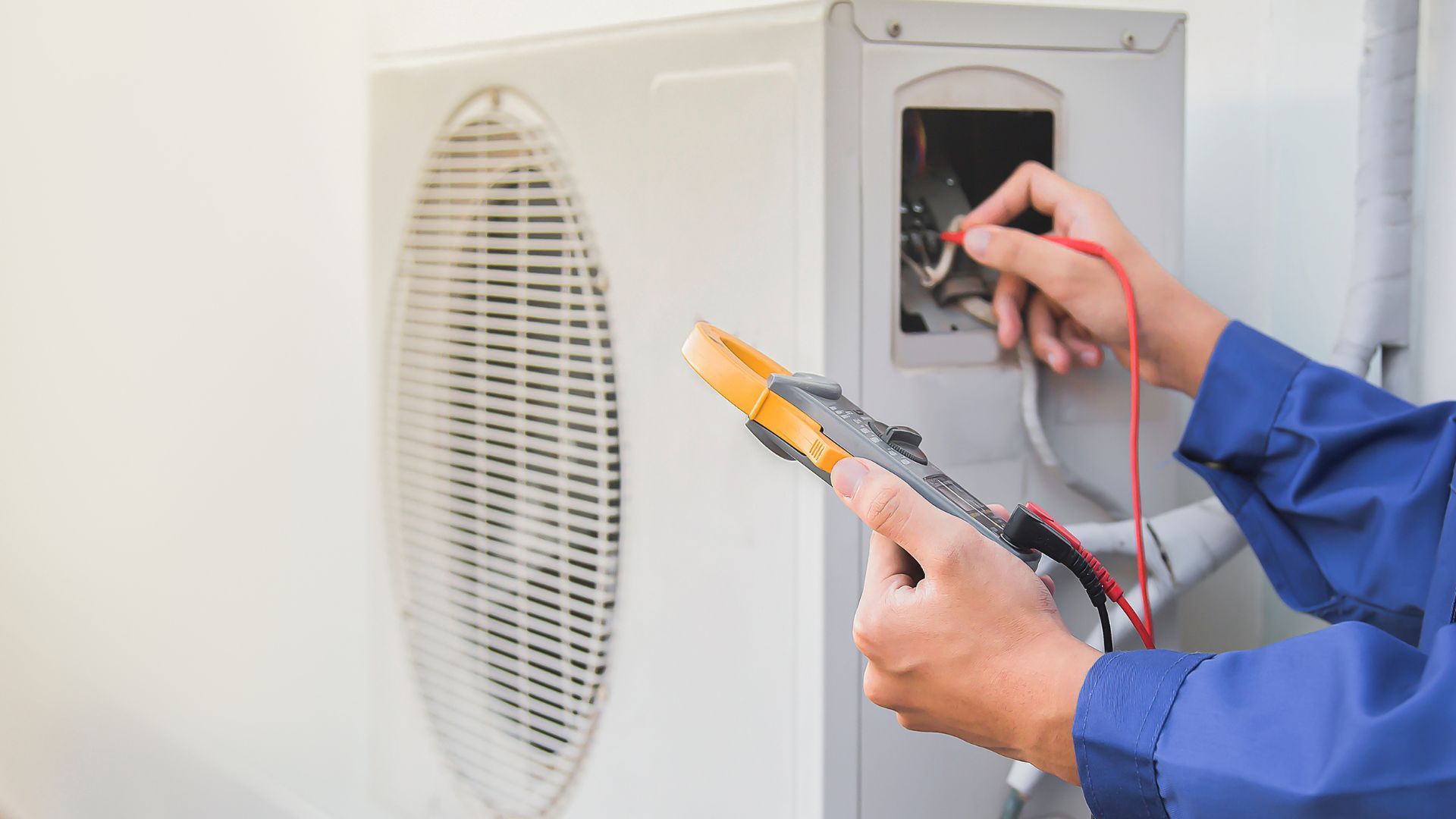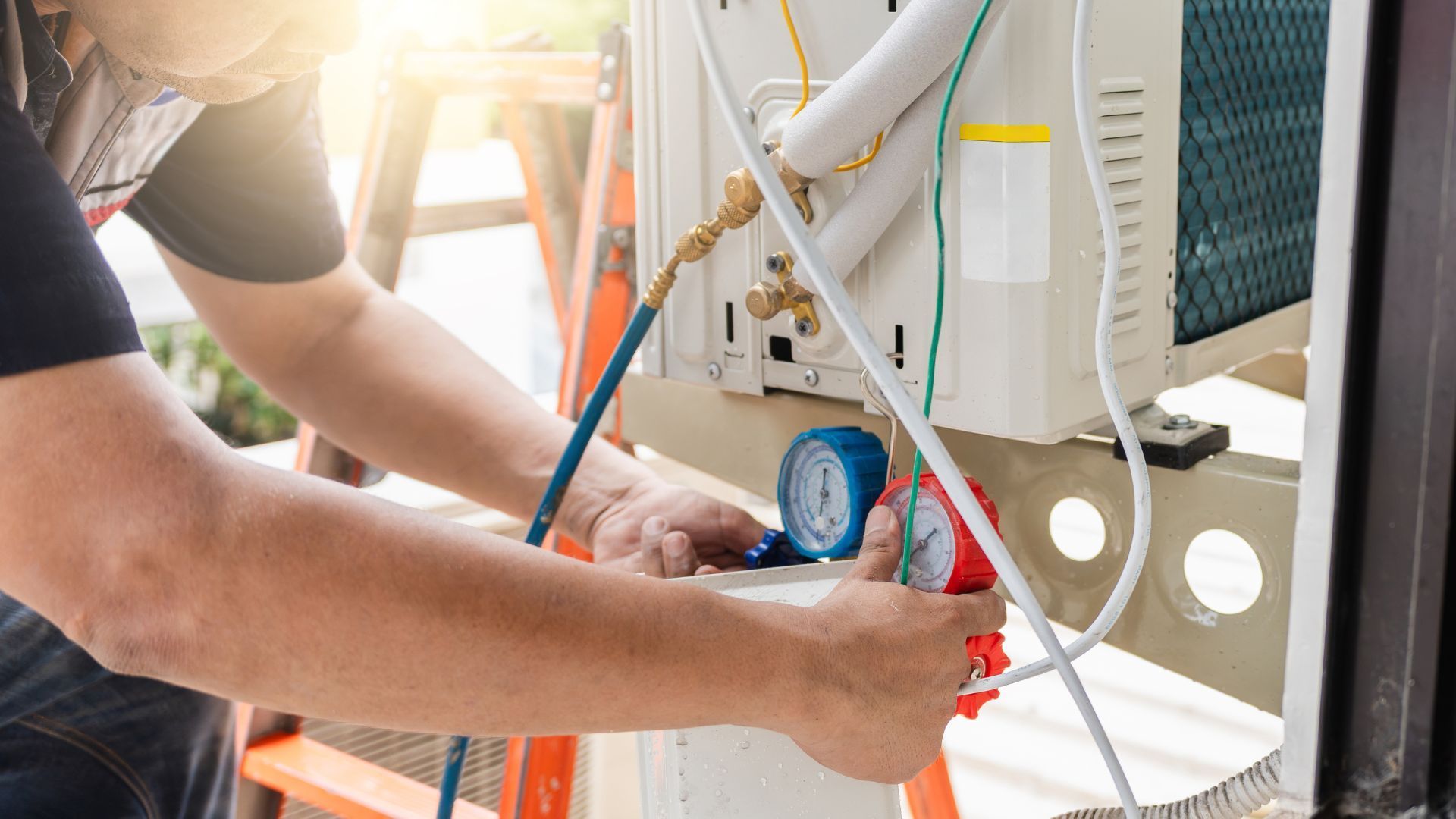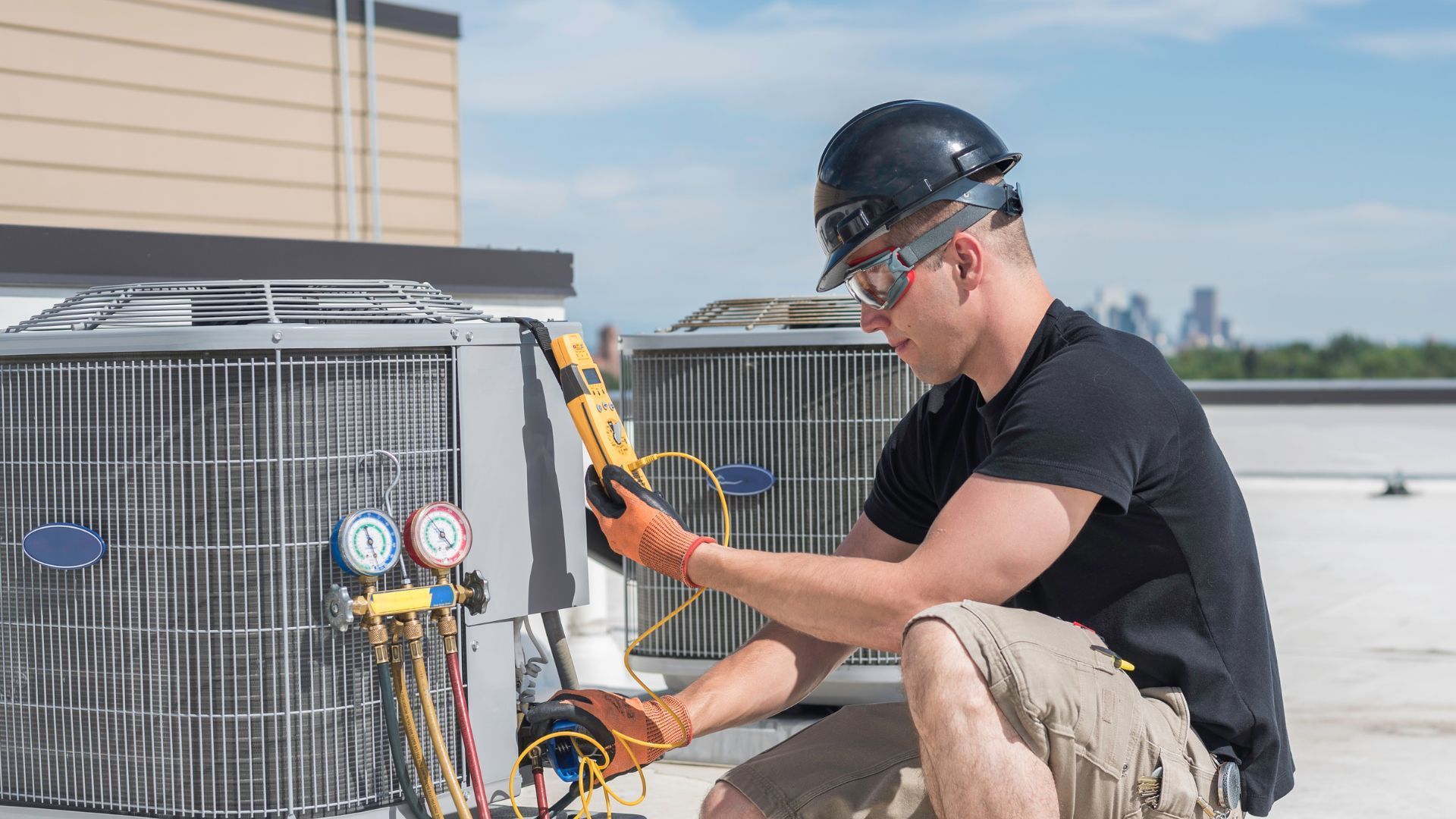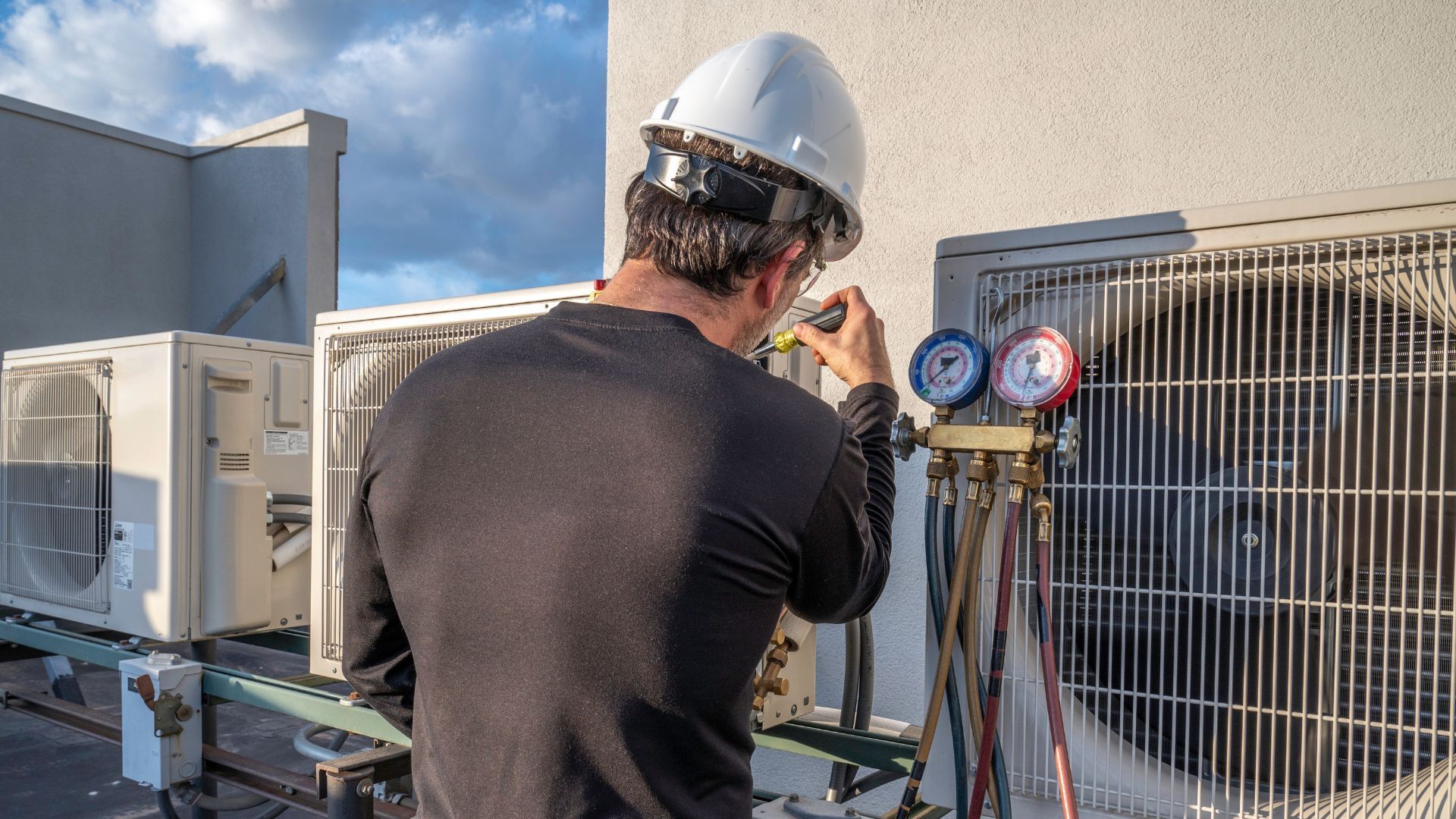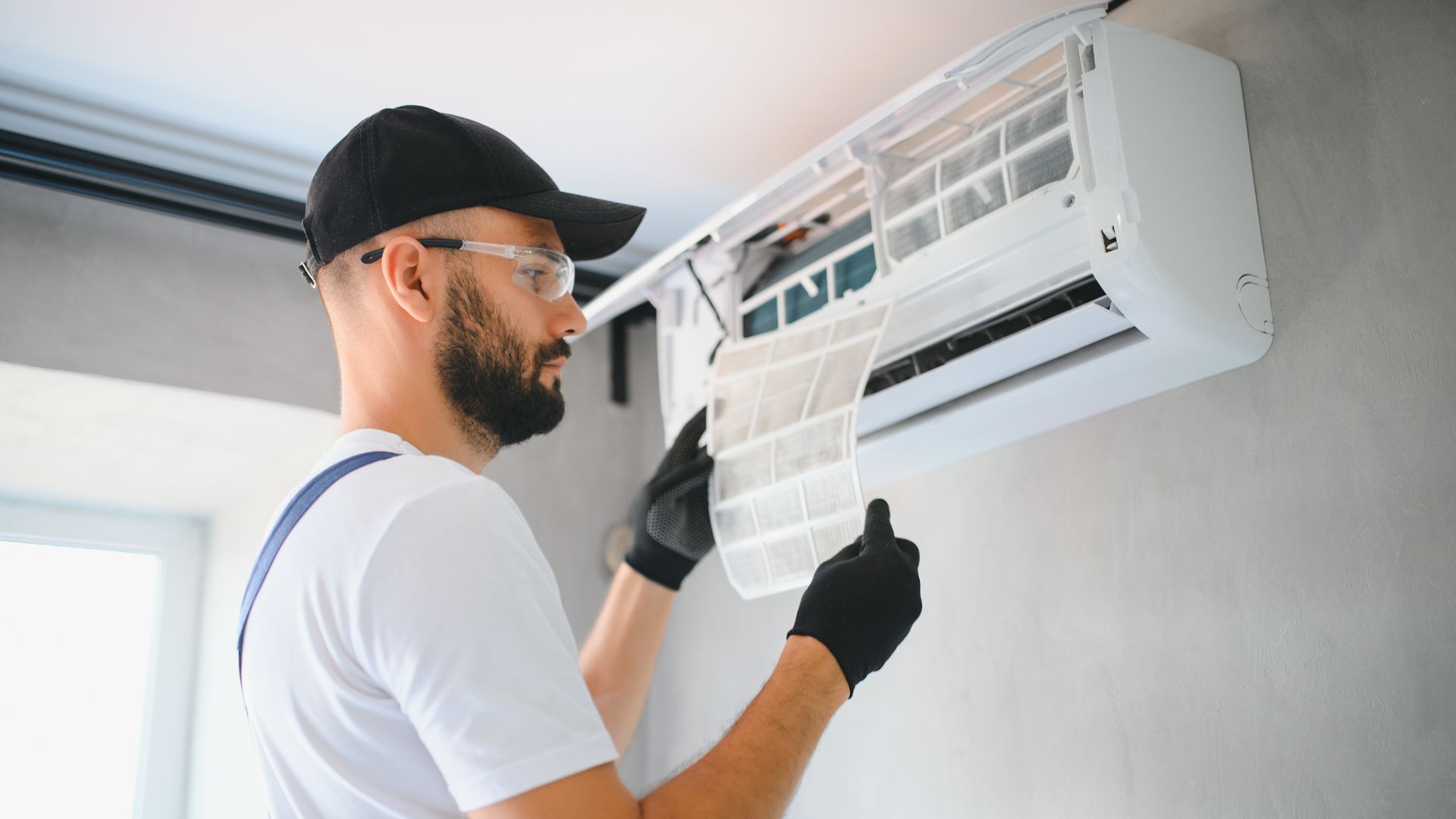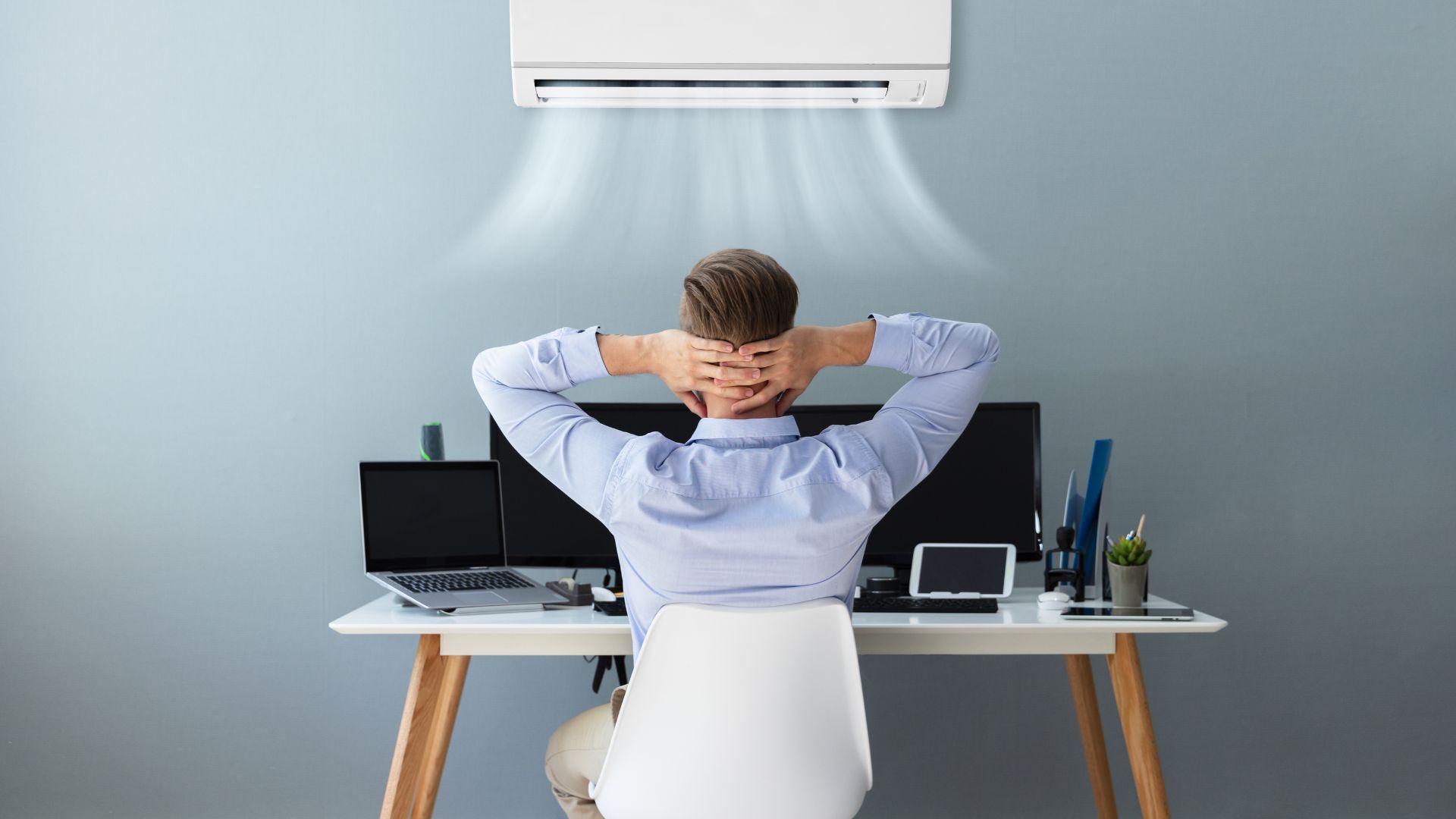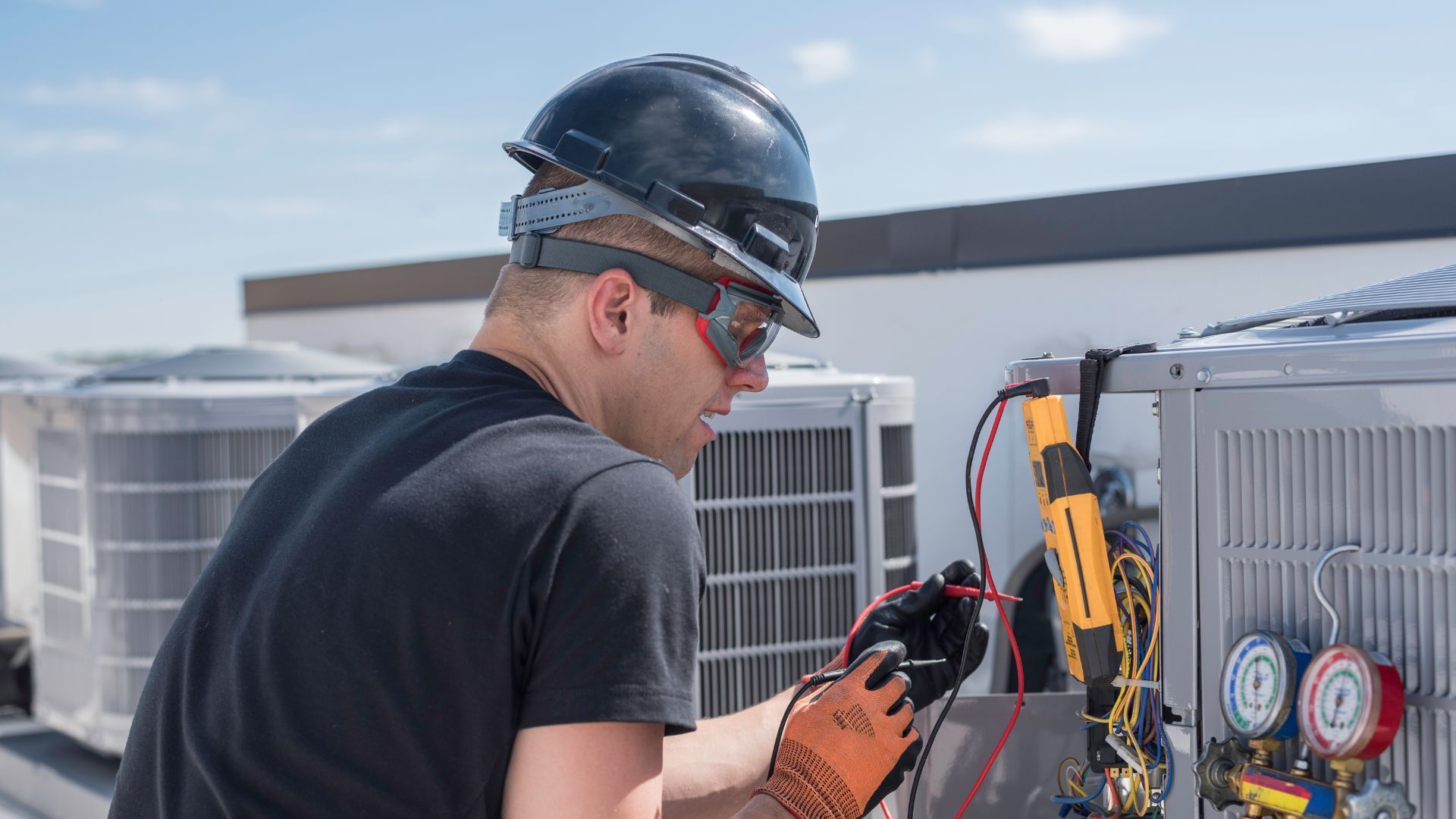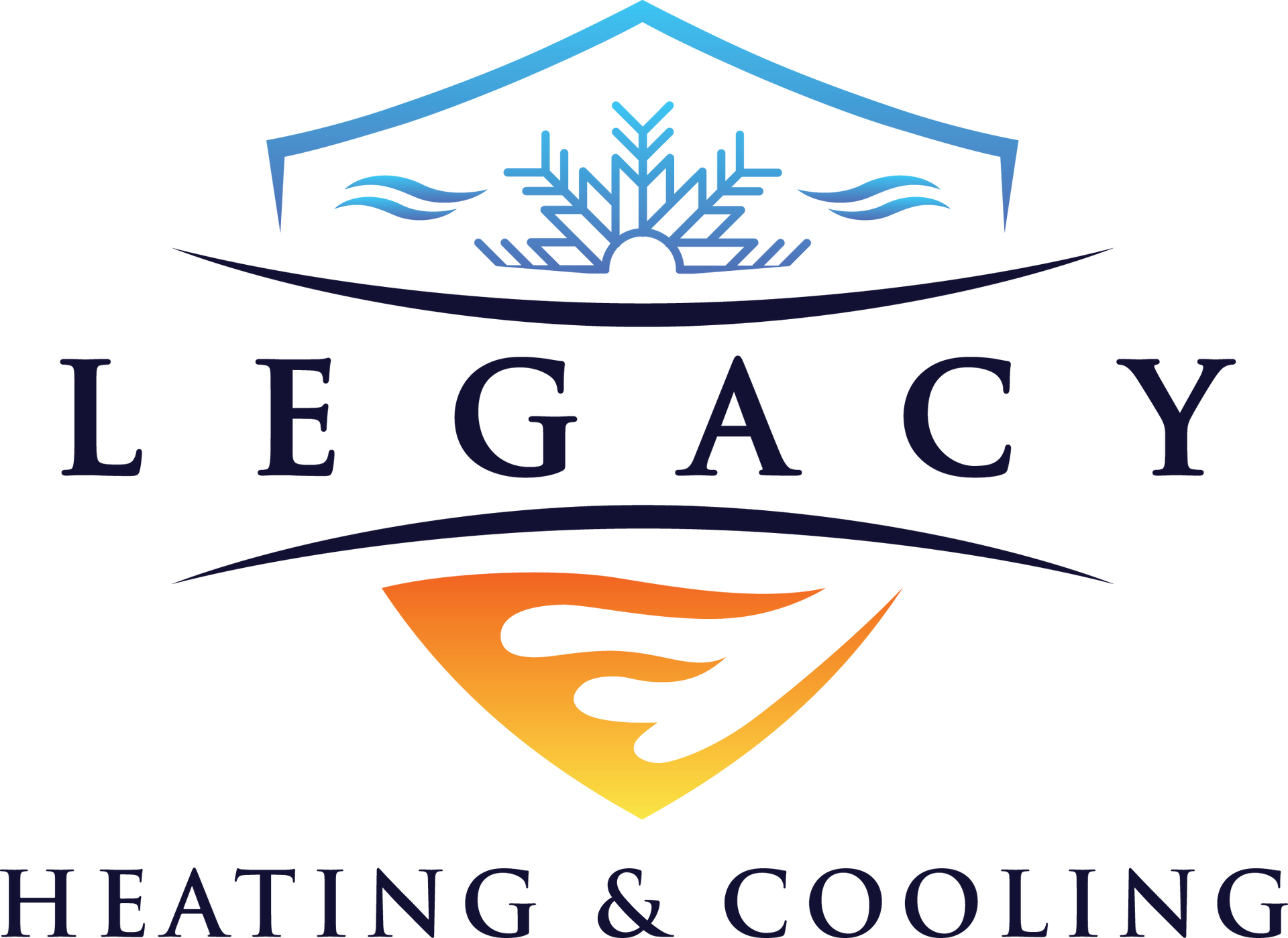Understanding HVAC Maintenance Plans in Rhode Island
Maintaining comfortable indoor temperatures is a constant challenge for Rhode Island homeowners and commercial property managers alike. With seasonal weather fluctuations and increasing energy costs, partnering with a dependable HVAC services in Rhode Island contractor becomes essential. HVAC maintenance plans offer formal agreements that guarantee routine upkeep, prompt inspections, and prioritized service for your heating and cooling systems.
These plans help ensure that components such as compressors, condensers, and heat exchangers operate at peak efficiency, reducing unnecessary energy consumption and preventing wear and tear over time. Regular HVAC maintenance also minimizes risks associated with refrigerant leaks, faulty sensors, and inefficient airflow, all of which may compromise indoor air quality and overall system performance.
In Rhode Island, where winter chills and summer heat spikes demand reliable system performance, HVAC maintenance plans provide property owners with peace of mind. By scheduling regular tune-ups and servicing sessions, users can extend the lifespan of their HVAC systems, avoid unexpected breakdowns, and minimize costly emergency repairs. Furthermore, these maintenance agreements often come with extended warranties or discounts on parts and labor during repairs, thereby protecting your investment. As more property managers and homeowners recognize the benefits of routine maintenance, the value of establishing a formal service contract continues to grow. With this article, readers will uncover how proactive HVAC care can reduce energy expenses, extend system longevity, and enhance overall comfort in Rhode Island properties. Let’s explore in detail the numerous advantages that HVAC maintenance plans provide.
Achieve Consistent Home Comfort With RI HVAC Service Agreements
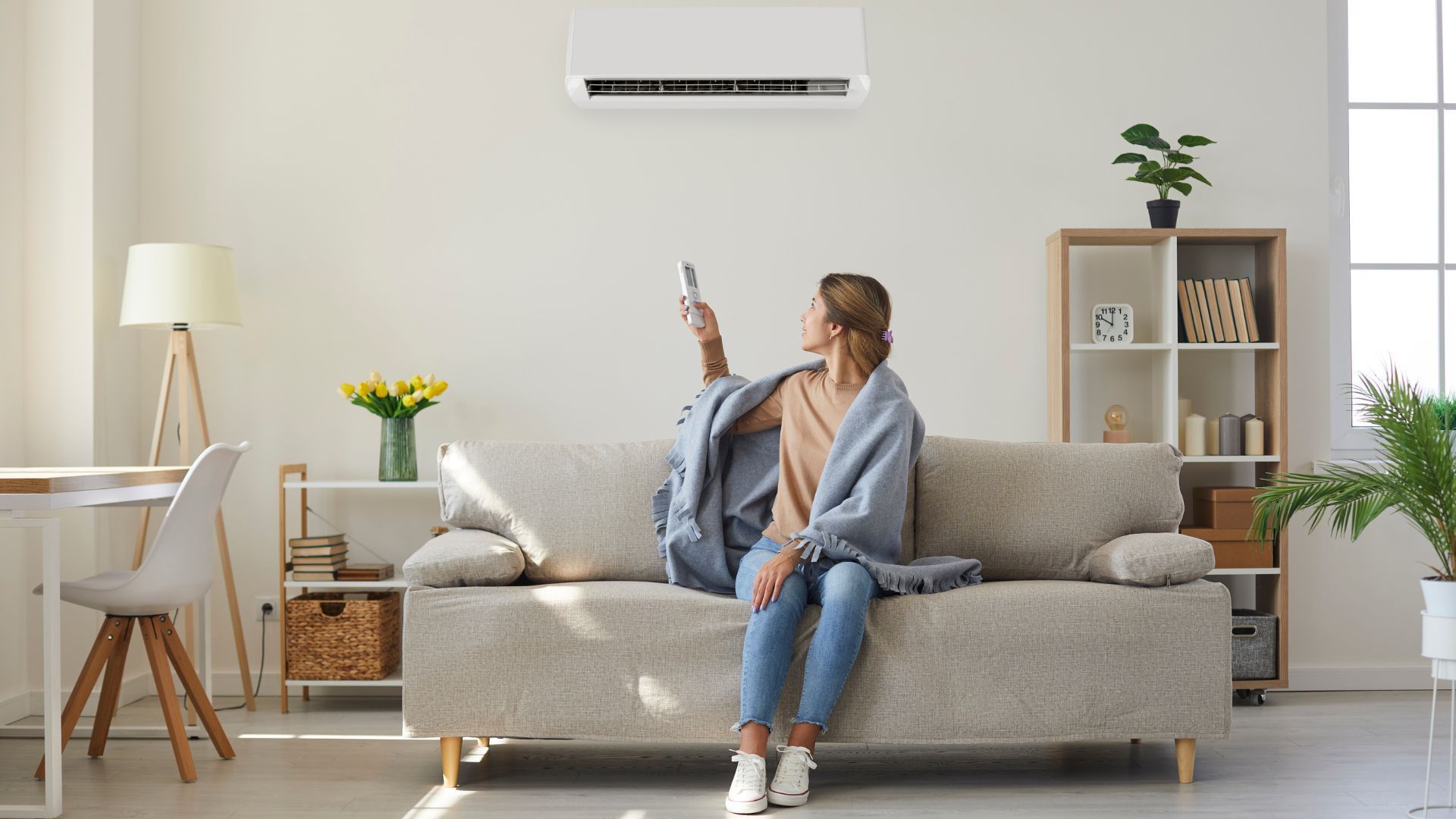
Rhode Island residents face unique challenges when it comes to maintaining ideal indoor temperatures. An HVAC maintenance agreement ensures that homeowners and contractors establish a regular service schedule, which directly translates into consistent comfort. Maintaining a consistent HVAC performance means managing system elements such as the compressor, thermostat, ductwork, and air filters so that they function efficiently during both cold winters and hot summers.
Maintain Ideal Temperatures Year-Round in Your Rhode Island Home
The priority of HVAC system maintenance is temperature regulation. Regular tune-ups help calibrate sensors and thermostats, ensuring that the system responds accurately to the household’s temperature preferences. This means that whether it’s the icy cold of January or the balmy heat of July, the system can maintain a comfortable indoor environment. Key components like the compressor and pump benefit greatly from scheduled cleaning and lubrication, preventing breakdowns that could lead to temperature fluctuations.
Routine servicing also includes checking and adjusting refrigerant levels. Maintaining the proper amount of refrigerant is crucial; insufficient refrigerant can lead to reduced cooling capacity, while overcharging may increase pressure and cause compressor strain. With consistent maintenance, HVAC contractors can make precise calibrations to optimize refrigerant balance and system pressure, ensuring that your home remains comfortable all year long. Additionally, technicians inspect duct connectors and airflow systems to confirm that the warm or cool air is evenly distributed across every room, eliminating the common issue of hot or cold spots.
Prevent Uneven Heating and Cooling Issues
Uneven heating and cooling not only cause discomfort but also drive energy costs higher when occupants overcompensate with supplemental heating or cooling devices. Maintenance agreements include comprehensive system checks that target airflow discrepancies and ensure that each room receives balanced conditioning. Preventing these issues is crucial in older homes where duct integrity and insulation might be compromised. Professional HVAC technicians can identify blockages, leaks, or misaligned ducts that disrupt airflow, and then re-establish balanced distribution without requiring a complete system replacement.
Ensure Dependable System Operation During Peak Seasons
Peak demand seasons can put tremendous strain on HVAC systems. Heating units work overtime during freezing winters, while air conditioners are pushed to their limits in heat waves. A well-maintained system is more resilient under these conditions since regular check-ups can flush out potential issues before they become critical failures. Through periodic inspections, service providers can detect signs of component degradation, such as worn belts, failing motors, or clogged filters. Replacing faulty parts early under an HVAC maintenance plan ensures that the system continues to operate dependably during times when comfort is most needed.
Optimize Airflow for Better Comfort Distribution
Optimizing airflow is a critical element of overall HVAC performance. Maintenance agreements often include checks for duct integrity and insulation, ensuring that conditioned air is distributed properly. When ducts are leaking or blocked, the efficiency of the system drops dramatically, causing both wasted energy and uneven temperatures. Routine cleaning and sealant applications to ducts—combined with filter changes—ensure that the unit operates efficiently and quiets any unusual noises that signify airflow issues.
Benefit From Professional HVAC System Calibrations
Professional calibrations are central to service agreements. Technicians use precise instruments to verify system settings, ensuring that sensors and signaling devices work in tandem with the HVAC controller. These calibrations not only improve immediate temperature control but also prolong the life of components by reducing operational stress. When the system operates at optimal levels, it also achieves a higher energy efficiency rating, cutting down on utility bills. In essence, an HVAC maintenance plan acts as both a comfort maximizer and a reliability enhancer.
Reduce Your Energy Expenses Through Proactive HVAC Care in Rhode Island
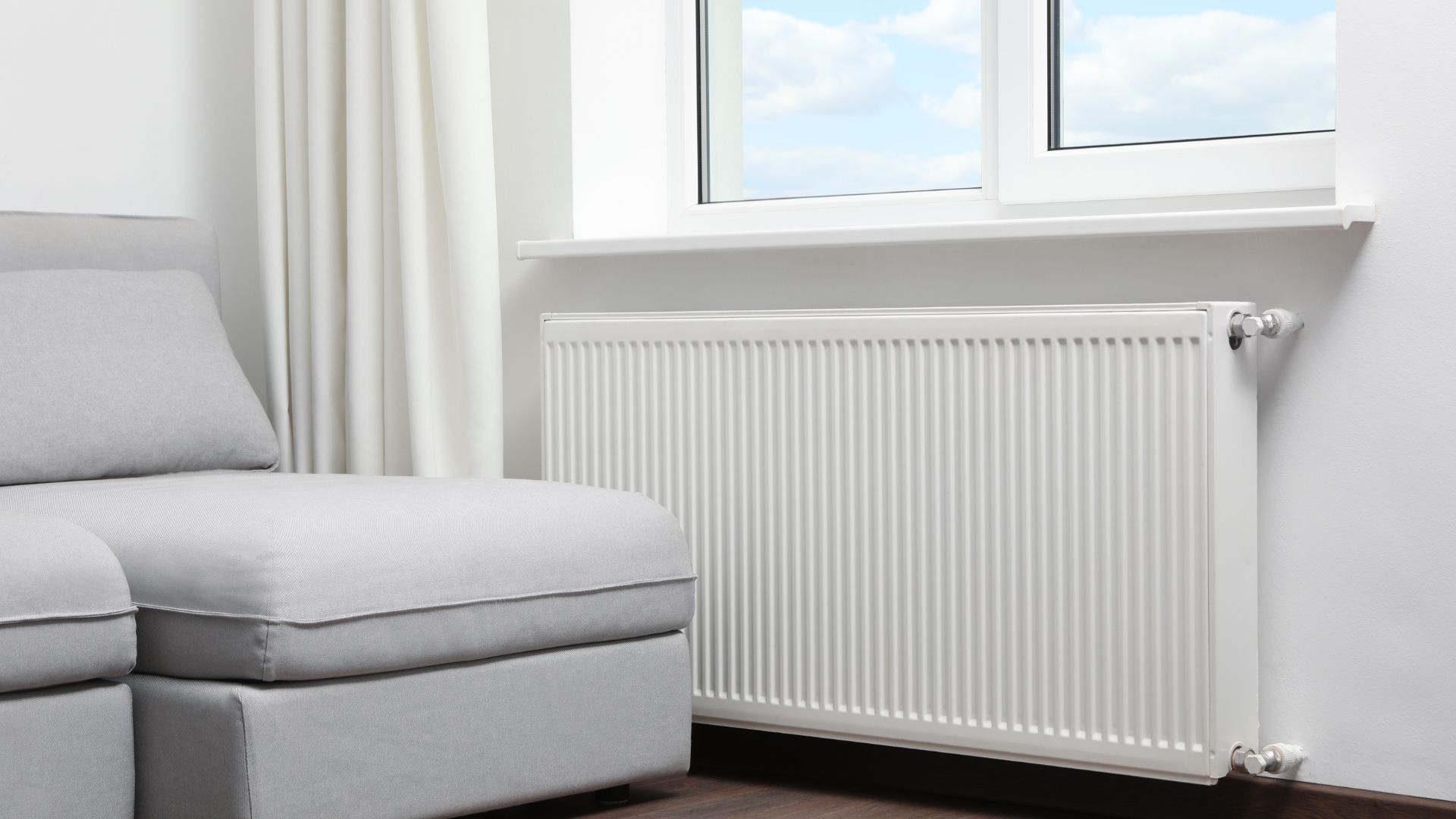
Energy expenses are a significant concern for both homeowners and business owners in Rhode Island. HVAC maintenance plans offer a proactive approach geared towards reducing energy waste and lowering monthly utility bills. By focusing on regular inspections and system tune-ups, HVAC contractors can address minor issues that, if left uncorrected, could lead to major energy inefficiencies. This not only bolsters overall performance but also contributes to sustainable practices by conserving energy and reducing carbon emissions.
How Regular HVAC Tune-Ups Boost Energy Efficiency
Regular tune-ups are one of the most effective ways to maintain an HVAC system’s efficiency. During these sessions, technicians clean critical components such as fans, coils, and filters. A clean system enjoys improved airflow and heat exchange, which allows it to achieve the desired temperatures with less effort. For example, studies have shown that regular maintenance can improve energy efficiency by up to 15%, resulting in significant cost savings over time. Moreover, clean systems reduce the strain on compressors and heat exchangers, allowing them to operate under less stress and consume less power.
In addition, modern HVAC systems often come equipped with energy-saving sensors and smart thermostats. Routine calibrations ensure these technologies function optimally. For instance, a sensor-adjusted system can detect occupancy and adjust temperatures accordingly, thereby saving energy when spaces are unoccupied. This dynamic functionality is maximized through scheduled maintenance, where firmware updates and sensor tests are carried out. The result is a system that continually adapts to environmental and occupancy changes, further driving down energy consumption.
Identify and Address Energy-Wasting Problems Early
One of the key benefits of proactive HVAC care is early problem detection. During routine maintenance visits, technicians inspect components for signs of wear and tear—issues such as refrigerant leaks, faulty electrical connections, or degraded insulation that could cause the system to work harder than necessary. Early detection allows for prompt repairs, ensuring that energy-wasting problems are eliminated before they evolve into major breakdowns. Preventative measures such as replacing worn-out belts or cleaning dirty coils can improve overall system efficiency, keeping energy costs in check.
Energy audits conducted as part of HVAC maintenance agreements often reveal inefficiencies that homeowners might never have noticed. For example, a leaking duct might account for a loss of conditioned air by up to 30%, dramatically impacting energy bills. Technicians then provide targeted solutions, such as duct sealing and insulation improvements, which help restore the system’s intended performance. As a result, homeowners benefit from a more sustainable and cost-effective heating and cooling system.
Lower Monthly Utility Bills With an Efficient System
An efficient HVAC system directly correlates to lower utility bills. By ensuring that the system’s heating and cooling cycles work optimally, energy consumption is reduced, and efficiency is maximized. Systematic maintenance removes obstacles that cause the equipment to overwork, such as clogged filters or misaligned ducts, thereby lowering the strain on all components. For example, a study by the American Council for an Energy-Efficient Economy (ACEEE) found that routine HVAC maintenance could lower energy usage by 10-15% annually. This efficiency not only translates to immediate cost savings but also extends the system’s operational life, delaying the need for expensive replacements.
The Financial Advantages of HVAC Maintenance Plans in RI
Finances play a significant role in decision-making for both residential and commercial property owners. HVAC maintenance agreements provide fixed costs for regular services, meaning repairs and tune-ups become predictable expenses rather than unexpected emergencies. By locking in these costs, property owners can better plan their budgets and avoid substantial spikes in repair expenses. Many plans also offer discounted rates on parts and labor, further enhancing the financial benefits over time.
From a long-term perspective, investing in regular HVAC maintenance helps preserve the system’s original efficiency and performance levels. Manufacturers often require documented maintenance records to uphold warranty validity, which in turn protects the homeowner’s investment. Maintenance plans provide peace of mind knowing that the system is in expert hands, reducing the overall total cost of ownership.
Prevent Costly Energy Spikes From Malfunctioning Equipment
Malfunctioning HVAC equipment can cause sudden energy spikes, which are both disruptive and expensive. During peak usage periods, if the system fails to operate correctly due to a minor issue, it can force the equipment to run continuously, resulting in excessive energy consumption. Routine maintenance minimizes the risk of such malfunctions by ensuring that every component operates within its optimal parameters. Proactive tuning of sensors, compressors, and heat exchangers avoids scenarios where emergency fixes become necessary. The benefits of scheduled maintenance are both immediate—through energy cost reduction—and long-term through consistent system performance and reliability.
Extend the Lifespan of Your HVAC System With Regular Upkeep
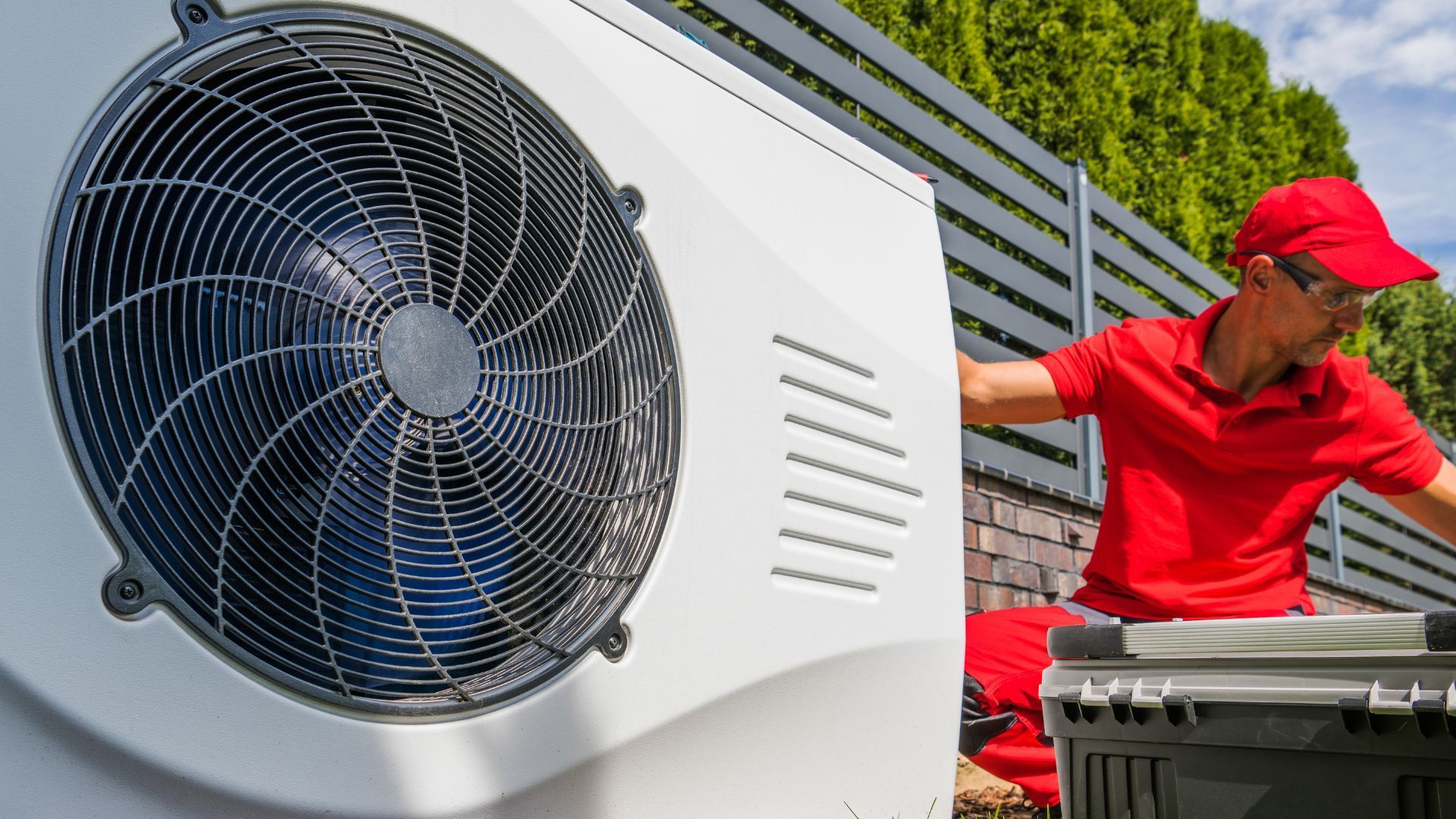
HVAC systems are significant investments that require careful maintenance to ensure long-term functionality. Regular upkeep not only improves energy efficiency but also extends the operational lifespan of critical system components. In Rhode Island, where systems are subjected to frequent weather extremes, the importance of preventive maintenance cannot be overstated. Scheduled servicing protects not only the compressor and refrigerant circuit but also ancillary components such as sensors, condensers, and pumps.
Protect Your HVAC Investment With Scheduled Servicing
One of the most compelling reasons for investing in an HVAC maintenance plan is to safeguard your equipment. Routine servicing helps detect early signs of wear, such as frayed wiring, corroded parts, or sagging mounts. Replacing minor parts before they cause a complete failure is essential to protecting the overall integrity of the HVAC system. For example, addressing an air filter blockage early can prevent undue pressure on the compressor, which may otherwise lead to premature failure. Technicians examine each component with precision, ensuring that the system adheres to manufacturer guidelines and warranty stipulations.
Additionally, a scheduled maintenance plan provides a documented service history, which can be invaluable should warranty claims or system replacements be necessary. Manufacturers typically require regular servicing to maintain warranty validity, meaning that homeowners who adhere to a maintenance plan not only retain the full benefits of their warranty but also enhance the resale value of their property. With a documented service record, any future buyer can be reassured that the HVAC system has been meticulously cared for, thereby protecting the investment.
How Maintenance Prevents Premature Component Failure
During routine maintenance, professional HVAC technicians perform detailed inspections of components that are especially susceptible to premature failure—such as the heat exchanger and compressor. These elements are the beating heart of an HVAC system and are prone to degradation from constant cycles of heating and cooling. Preventative measures such as cleaning, tightening connections, and verifying proper refrigerant levels significantly reduce the risk of unexpected breakdowns. In one peer-reviewed study, regular HVAC maintenance was shown to extend the useful life of compressors by up to 25%. This research underlines that minor repairs and upkeep not only save on immediate repair costs but also delay major replacements.
Furthermore, proper lubrication of moving parts and the timely replacement of worn belts contribute directly to prolonged system life. HVAC systems that receive regular, professional maintenance run more smoothly, operate with less friction, and suffer fewer breakdowns. These preventive measures ensure that the system continues to function within its design parameters, which in turn reduces wear and tear over time.
Maximize the Operational Years of Your Heating and Cooling Units
Maximizing the operational years of an HVAC system directly correlates with solid maintenance practices. Systems that are well-maintained can operate efficiently for 15-20 years or more, compared to poorly maintained systems that may require replacement in less than a decade. Detailed inspections help identify potential issues that might reduce system longevity, such as refrigerant leaks or improper airflow. When these issues are addressed promptly, overall system performance is stabilized and extended.
A regularly serviced HVAC unit is also less likely to incur severe damage during seasonal peaks. For instance, a system that’s maintained with routine filter changes and duct cleaning is less likely to become overburdened during winter when the heating demand is highest. Likewise, a system with clean evaporator and condenser coils during summer will operate at higher efficiency, safeguarding the system from premature failure.
Avoid Early Replacement Costs Through Consistent Care
Consistent care of HVAC systems translates directly to financial savings over time. When equipment fails unexpectedly, early replacement can become necessary, representing a significant investment. Preventive maintenance plans reduce this risk by ensuring that potential issues are identified and resolved before they escalate. Replacing components such as sensors, fans, or motors early under a planned servicing agreement is far less expensive than a complete system overhaul. Homeowners benefit from lower repair frequencies and extended intervals between costly replacements, preserving both budget and comfort.
Understand the Long-Term Value of HVAC System Preservation
Long-term preservation of HVAC systems is measured not only in operational years but also in energy efficiency and cost savings. Regular reviews and updates during maintenance visits keep the system aligned with the latest technological advancements and energy-saving practices. Over time, the cumulative savings on utility bills and repair costs highlight the true value of a comprehensive HVAC maintenance agreement. This strategic approach to care minimizes carbon footprint and aligns with sustainable practices—critical in today’s environmentally conscious market.
Below is a table summarizing key aspects of long-term HVAC system care:
| Component | Maintenance Activity | Lifespan Benefit | Financial Impact |
|---|---|---|---|
| Compressor | Maintenance Activity | +25% longevity | Reduced replacement cost |
| Air Filter | Regular cleaning & replacement | Improved airflow | Lower energy usage |
| Ductwork | Sealing & insulation upgrades | Balanced distribution | Minimized repair expense |
| Condenser & Evaporator | Coil cleaning & free flow checks | Enhanced efficiency | Reduced energy spikes |
| Sensors & Thermostats | Calibration & testing | Optimal control | Savings on utility bills |
This table illustrates how proper maintenance activities can prolong HVAC component life and mitigate financial impacts in the long run.
Experience Fewer Unexpected Breakdowns With a Rhode Island HVAC Plan
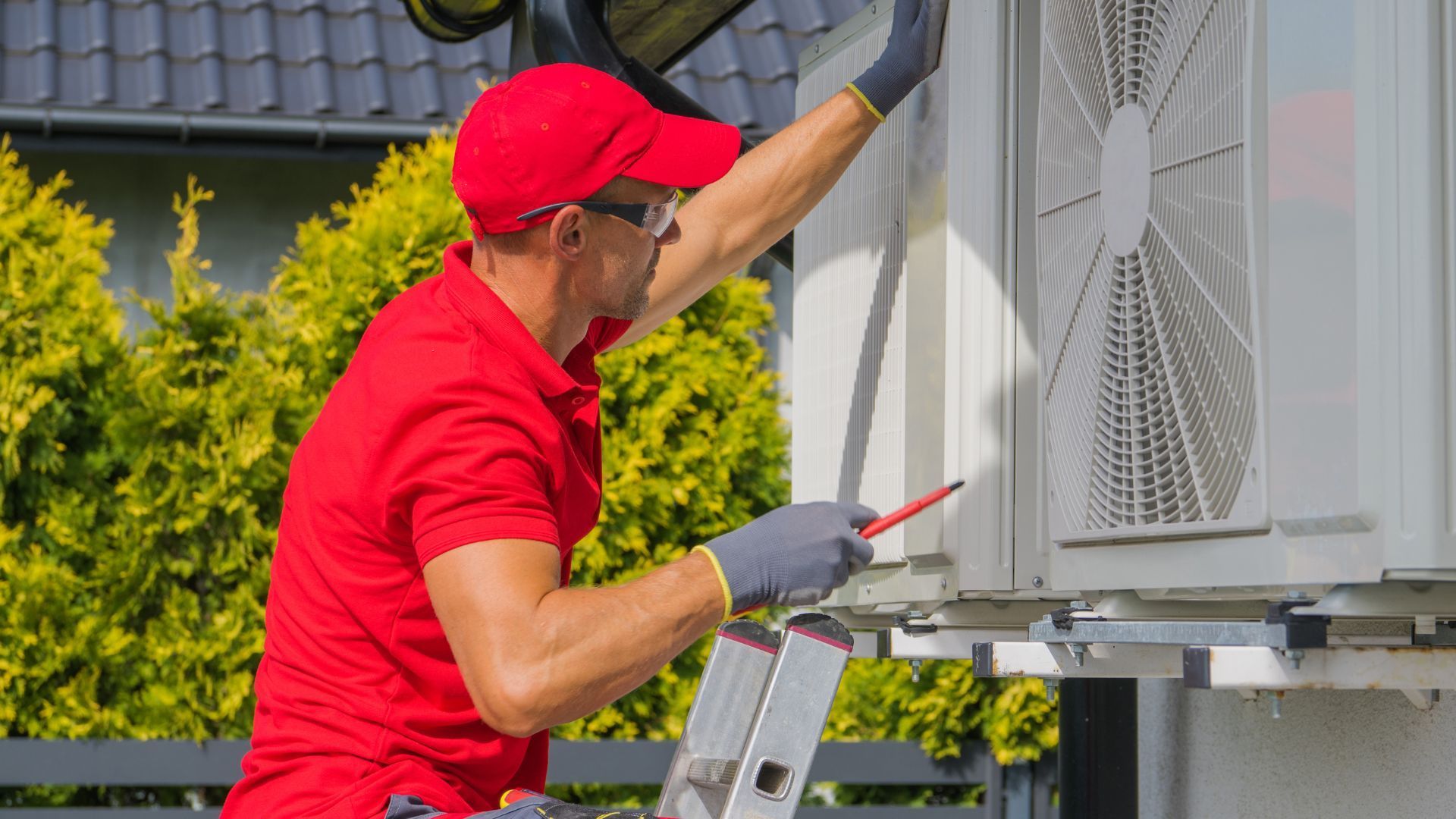
Unexpected HVAC breakdowns can disrupt daily operations in both homes and businesses. A proactive maintenance plan provides continuous monitoring and diagnostic checks that identify issues before they escalate into major failures. In Rhode Island, where seasonal extremes can challenge system performance, having a schedule of regular inspections ensures that components operate at optimal levels and are less likely to falter when most needed.
Proactive Problem Detection Before Major Failures Occur
Regular maintenance visits focus on early detection of issues that could lead to unexpected HVAC downtime. Technicians perform in-depth tests, examining components such as the pump and heat exchanger for signs of stress or degradation. Frequent inspections not only involve visual checks but also functional tests such as verifying the compressor’s performance under load and assessing refrigerant pressure. In a controlled study, systems receiving biannual maintenance experienced 30% fewer breakdowns over five years compared to those without consistent upkeep. This data underscores the significance of proactive problem detection in reducing overall system failures.
Through precise diagnostic protocols, HVAC contractors can identify potential problems—such as corrosion, worn-out belts, or faulty sensors—well before they result in major equipment failures. Addressing these warning signs immediately means that repairs can be scheduled during routine service visits rather than prompting costly emergency repairs. This systematic approach not only minimizes downtime but also provides continuity in indoor comfort, ensuring that your system remains reliable even during peak usage periods.
| Factor | Central AC | Ductless AC |
|---|---|---|
| Installation Complexity | Requires extensive ductwork | Less invasive installation |
| Installation Complexity | Requires extensive ductwork | Less invasive installation |
| Cost | Higher initial investment | Generally lower upfront costs |
| Efficiency | SEER ratings range from 14-22 | Often exceed SEER ratings of 25 |
| Flexibility | Less adaptable to zoning | Customizable for different rooms |
Minimize Disruptions From Sudden HVAC System Outages
A sudden HVAC outage can have severe implications, especially during extreme weather conditions. Scheduled maintenance allows service providers to implement preventive measures that keep the HVAC system running smoothly. By maintaining a detailed service record and a preventive inspection schedule, HVAC technicians reduce the likelihood of unexpected interruptions. This is particularly valuable for commercial properties where system downtime can lead to lost productivity and dissatisfied clients. With regular check-ups, any emerging issues—like refrigerant leaks or sensor inaccuracies—are resolved promptly.
Furthermore, maintenance plans often include priority service options. This means that if an emergency does occur, the service provider will dispatch a technician promptly, minimizing prolonged disruptions. Active communication between the contractor and the homeowner also helps in establishing contingency plans. For instance, some maintenance contracts offer temporary cooling or heating solutions during repair wait times. In this way, the plan not only focuses on prevention but also guarantees swift recovery if an unexpected breakdown happens.
The Role of Preventive Checks in System Reliability
Preventative checks are the backbone of a robust HVAC maintenance contract. Technicians routinely verify system health by checking components against manufacturer specifications. For instance, sensors and thermostats are recalibrated to ensure accurate temperature readings, which is central to the system’s ability to function efficiently. Regular maintenance fosters an environment where small issues are addressed before impacting overall performance. This, in turn, sustains high system reliability and consistent indoor climate control.
Preventative checks also extend to structural components such as air ducts and wiring. Ensuring the integrity of these elements not only enhances energy efficiency but also prevents safety issues related to electrical malfunctions or air quality problems due to mold growth. By integrating these practices into the scheduled service plan, HVAC maintenance agreements provide comprehensive coverage that protects against both immediate service interruptions and long-term system degradation.
Access Priority Service When Repairs Are Needed
One of the significant advantages of an HVAC maintenance agreement is the assurance of priority service. In the event of a breakdown, contracted customers typically receive expedited responses. This means that during harsh weather or peak periods, service technicians are dispatched quickly, reducing inconvenience and extra expense. Priority service often includes a faster turnaround for parts replacement and repair, which is especially critical in commercial environments where even short downtimes can have amplified negative outcomes.
Additionally, many agreements offer an emergency hotline that operates 24/7, allowing homeowners immediate access to diagnostic support and dispatch services. By maintaining these priority service protocols as part of the maintenance plan, HVAC contractors build longevity and trust, ensuring that critical issues are not left to escalate during off-peak hours or holidays.
Reduce Emergency Repair Call Frequency and Costs
A well-structured HVAC maintenance contract significantly lowers the frequency and severity of emergency repair calls. By identifying and remedying potential issues during routine service visits, many emergencies are either prevented entirely or mitigated to require minor fixes rather than major overhauls. This reduction in emergency incidents translates into lower operational costs in the long run. Homeowners and property managers report noticeable savings in their annual expenditure on HVAC repairs due to improved system reliability.
Moreover, when emergency repairs are needed, regular maintenance agreements often include discounts on parts and labor, further reducing the overall cost burden. With proper documentation and service history, claims regarding system faults become more straightforward, allowing contractors to offer corrective measures quickly. In essence, regular HVAC upkeep serves as both a preventive tool and a financial safeguard, minimizing the unexpected expenses that can disrupt household budgets or business operations.
Improve Indoor Air Quality via Scheduled HVAC System Maintenance

Indoor air quality is a critical yet often overlooked aspect of home comfort. Dust, allergens, pollutants, and pathogens can accumulate within HVAC systems and recirculate throughout a property, posing health risks and reducing overall comfort. Regular HVAC maintenance plays an integral role in ensuring that the air you breathe remains fresh and pollutant-free. By scheduling preventive cleaning and inspections, homeowners ensure that air ducts, filters, and coils function at optimum levels, trapping contaminants and preventing the spread of airborne irritants.
Cleaner Air Ducts and Filters for Healthier Breathing
Maintaining clean air ducts and filters is paramount in promoting a healthy indoor environment. Over time, dust, pollen, and pet dander can accumulate and obstruct essential airflow pathways, burdening the HVAC system and reducing efficiency. During regular maintenance, technicians thoroughly clean or replace these components. This practice not only enhances the function of the system but also improves indoor air quality by reducing the circulation of harmful particles. Studies have linked clean air systems with decreased respiratory issues and better overall well-being, especially in households with children and the elderly.
Technicians also inspect and clean other parts of the system that may harbor contaminants, such as evaporator coils and blower fans. These components, when clogged with debris, can become breeding grounds for mold and bacteria—agents that can trigger allergies and other health concerns. By ensuring that all parts of the HVAC system are free from contaminants, regular maintenance guarantees a higher standard of indoor air quality.
Reduce Allergens and Pollutants in Your Home Environment
Beyond cleaning ducts and filters, scheduled HVAC maintenance addresses broader issues of allergen and pollutant buildup. During maintenance visits, HVAC professionals utilize specialized tools to detect and remove pollutants from hard-to-reach areas. This proactive approach minimizes the risk of respiratory complications linked to prolonged exposure to indoor allergens. In addition, by optimizing airflow and ensuring that the system runs efficiently, the recirculation of indoor air is balanced and purified more effectively.
Moreover, some maintenance plans include the inspection of humidifiers and dehumidifiers integrated into HVAC systems. Proper humidity control is essential in preventing the growth of mold and mildew—common allergens that thrive in high-moisture environments. Regular adjustments to these components ensure that humidity levels remain within an optimal range, thereby reducing the concentration of airborne allergens and enhancing overall indoor comfort.
Control Humidity Levels More Effectively
Humidity control is another critical feature of scheduled HVAC maintenance that impacts indoor air quality. Fluctuating humidity levels can create discomfort and even encourage the growth of mold and bacteria. Regular system checks and calibrations ensure that humidifiers and dehumidifiers are correctly balanced, maintaining relative humidity at levels ideal for human health—generally between 30% and 50%. This balance not only improves comfort but also supports the stability of furniture, wooden structures, and other interior elements prone to moisture damage.
Technicians assess the system’s ability to adjust and regulate humidity effectively. They recalibrate sensors and adjust control settings to provide consistent and reliable performance. By doing so, maintenance plans assist in preventing the formation of condensation on windows and walls, which are common precursors to mold growth. This proactive strategy is central to preserving both health and material integrity within the home.
Prevent Mold and Mildew Growth Within Your HVAC System
Mold and mildew can have dire effects on both health and property when allowed to proliferate in an HVAC system. Regular cleaning and maintenance of system components, such as evaporator coils and ducts, significantly diminishes the risk of microbial growth. Mold spores can easily be carried through the air, leading to potential respiratory problems and other health hazards. HVAC maintenance agreements typically include scheduled deep-cleaning services that remove any mold buildup and apply appropriate antimicrobial treatments to prevent recurrence.
Preventative treatments and regular inspections ensure that any moisture issues are promptly identified and addressed. By implementing these measures consistently, the likelihood of mold formation is markedly reduced. This not only results in better indoor air quality but also ensures a more reliable and efficient HVAC system operation.
Create a Fresher, More Pleasant Indoor Atmosphere
Ultimately, the goal of regular HVAC maintenance is to create an indoor environment that feels fresh, comfortable, and safe. Clean air ducts, properly functioning filters, controlled humidity, and prompt removal of allergens all contribute to a noticeably improved indoor atmosphere. Homeowners report a decrease in musty odors and dust accumulation, which are common indicators of neglect in HVAC systems. With routine maintenance, the air quality in indoor spaces improves significantly, promoting better health outcomes and a more enjoyable living environment.
Below is a table summarizing how different HVAC maintenance actions improve indoor air quality:
| Maintenance Action | Indoor Air Quality Benefit | System Component | Health Impact |
|---|---|---|---|
| Air Filter Replacement | Reduces allergens and dust | Filters | Fewer respiratory issues |
| Duct Cleaning | Prevents pollutant buildup | Air Ducts | Improved overall air quality |
| Coil Cleaning | Enhances dehumidification | Evaporator/Condenser Coils | Reduced mold risk |
| Sensor Calibration | Ensures optimal system response | Thermostats and Humidity Sensors | Consistent comfort |
| Humidifier/Dehumidifier Checks | Controls moisture, prevents mold | Humidity Control Devices | Fewer allergy symptoms |
This table illustrates the multifaceted benefits of regular HVAC maintenance on indoor air quality, emphasizing the importance of proactive care.
Gain Peace of Mind and Predictable Costs With an HVAC Maintenance Agreement

HVAC maintenance agreements are structured to provide property owners not only with reliable system performance but also with predictable expenses. One of the major advantages of these contracts is the budgeting certainty they offer. By having a fixed schedule of inspections, cleanings, and repairs, homeowners can avoid the shock of sudden, high-priced emergency repairs that typically arise from neglected systems. With fixed plan costs, budgeting for HVAC upkeep becomes more straightforward, enabling property managers to allocate funds more effectively while also prolonging the lifespan of their systems.
Know Your System Is Professionally Cared For
When entering into an HVAC maintenance agreement, property owners receive the assurance that their system is handled by qualified HVAC technicians. This guarantees that all inspections, calibrations, and repairs are performed according to manufacturer guidelines and industry best practices. Professional care ensures that every component—from the compressor to the air filter—is regularly monitored for malfunctions or performance drops. Certified technicians use advanced diagnostic tools to identify and correct issues, which minimizes the chance of system failure and maintains optimal indoor environmental conditions.
Knowing that experts are consistently overseeing the system also means that any warranty requirements set by manufacturers are met. Many HVAC system warranties require documented evidence of regular maintenance. Through a professional maintenance plan, property owners can easily provide these records, ensuring that they retain eligibility for extended coverage and avoid out-of-pocket replacement costs.
Budget for HVAC Upkeep With Fixed Plan Costs
One of the primary benefits of an HVAC maintenance agreement is financial predictability. Rather than facing sporadic and often costly emergency repairs, homeowners pay a set fee—often on a monthly or annual basis—for comprehensive maintenance services. This fixed cost approach makes it easier to budget for HVAC expenses and prevents unexpected spikes in repair bills. As a result, property owners can plan their finances around known expenditure patterns rather than being caught off guard by a major system failure.
The cost benefits extend beyond the regular service fee. Many maintenance agreements include discounts on repairs, parts, and labor. Over time, these savings add up, making the overall cost of maintaining the HVAC system significantly lower compared to sporadic, unplanned repairs. Additionally, regularly serviced systems tend to operate at higher efficiency, leading to lower monthly utility bills and further financial savings.
Receive Discounts on Parts and Labor for Repairs
Maintenance contracts typically offer additional perks such as discounts on parts and labor. Since service technicians frequently inspect the equipment, they can preemptively order replacement parts or schedule repairs before a breakdown occurs. These pre-arranged service agreements often come with preferential pricing, ensuring that when repairs are needed, the costs are minimized. This direct benefit of discounted services works synergistically with regular maintenance to enhance both predictability and cost-effectiveness.
Furthermore, having a pre-existing relationship with an HVAC contractor means faster service response times when repairs are necessary. Quick and efficient repairs not only prevent prolonged discomfort but also circumvent the higher costs typically associated with emergency services. Enhanced service agreements and discount structures are common in long-term maintenance plans and contribute significantly to the overall value proposition.
Maintain Manufacturer Warranty Validity Through Documented Service
A crucial aspect often overlooked by HVAC system owners is the requirement to document regular maintenance to maintain warranty validity. Manufacturers specify that failing to perform scheduled maintenance can void warranties, leaving homeowners financially exposed if critical failures occur.
By entering into an HVAC maintenance agreement, property owners secure monthly or annual service records that verify compliance with manufacturer recommendations.
These well-documented service histories are instrumental during warranty claims and even when it’s time to sell the property. A fully serviced and documented HVAC system not only retains its warranty but also represents an attractive, well-cared-for system to potential buyers, potentially increasing the resale value of the property. Therefore, an HVAC maintenance plan is not just about current performance but also about preserving future investment value.
Enjoy Worry-Free Operation of Your Heating and Cooling Systems
Ultimately, an HVAC maintenance agreement brings peace of mind to property owners. Knowing that their system is regularly inspected, serviced, and promptly repaired allows homeowners to focus on other aspects of property management and daily life. This security is particularly important in climates like Rhode Island’s, where extreme weather conditions demand reliable HVAC performance. The assurance of professional oversight, fixed service costs, and adherence to warranty requirements enables residents to experience fewer disruptions and more predictable performance. In summary, HVAC maintenance agreements create a stable, efficient, and worry-free operating environment, promoting long-term system reliability and financial savings.
Frequently Asked Questions
How often should an HVAC system be maintained?
It is recommended that HVAC systems undergo a thorough maintenance check at least twice a year, typically before the onset of the heating and cooling seasons. Regular servicing improves efficiency and extends system lifespan while preventing emergency repairs.
Can an HVAC maintenance plan reduce energy bills?
Yes, consistent HVAC maintenance ensures that components like filters, coils, and sensors work optimally, which directly reduces energy waste. Studies have shown that routine maintenance can lower energy consumption by 10-15% annually, resulting in significant utility bill savings.
What happens if my HVAC system breaks down despite regular maintenance?
Although regular maintenance minimizes the risk of unexpected failures, breakdowns can still occur. Most maintenance agreements offer priority service and discounted repairs, ensuring that any issues are addressed swiftly and cost-effectively, reducing downtime.
Do maintenance plans affect the warranty on my HVAC system?
Absolutely. Many HVAC manufacturers require documented regular maintenance to keep the warranty valid. Maintenance agreements provide service records that support warranty claims and help safeguard your investment.
Are maintenance plans beneficial for both residential and commercial properties?
Yes, maintenance plans provide similar benefits for both residential and commercial properties. They improve system efficiency, reduce emergency repair costs, and extend the lifespan of HVAC units, making them a cost-effective choice for any property type.
How does regular HVAC maintenance improve indoor air quality?
Routine maintenance involves cleaning ducts, filters, and coils, which reduces the circulation of dust, pollen, and other allergens. This leads to cleaner, healthier indoor air and can reduce respiratory issues and allergic reactions.
What additional benefits do HVAC maintenance plans provide?
Beyond lowering energy bills and prolonging system life, maintenance plans offer priority service, discounted repairs, and comprehensive documentation for warranty compliance. These benefits collectively contribute to a more reliable and cost-effective HVAC system operation.
Final Thoughts
HVAC maintenance plans in Rhode Island provide significant benefits that address both performance and financial concerns. From ensuring consistent indoor comfort and reducing energy expenses to extending system longevity and improving indoor air quality, these agreements offer a holistic approach to HVAC care. Homeowners and business owners alike enjoy the peace of mind that comes with predictable service costs and reliable system operation. Embracing a proactive HVAC maintenance program not only safeguards your investment but also ensures a healthier, more energy-efficient living environment.
